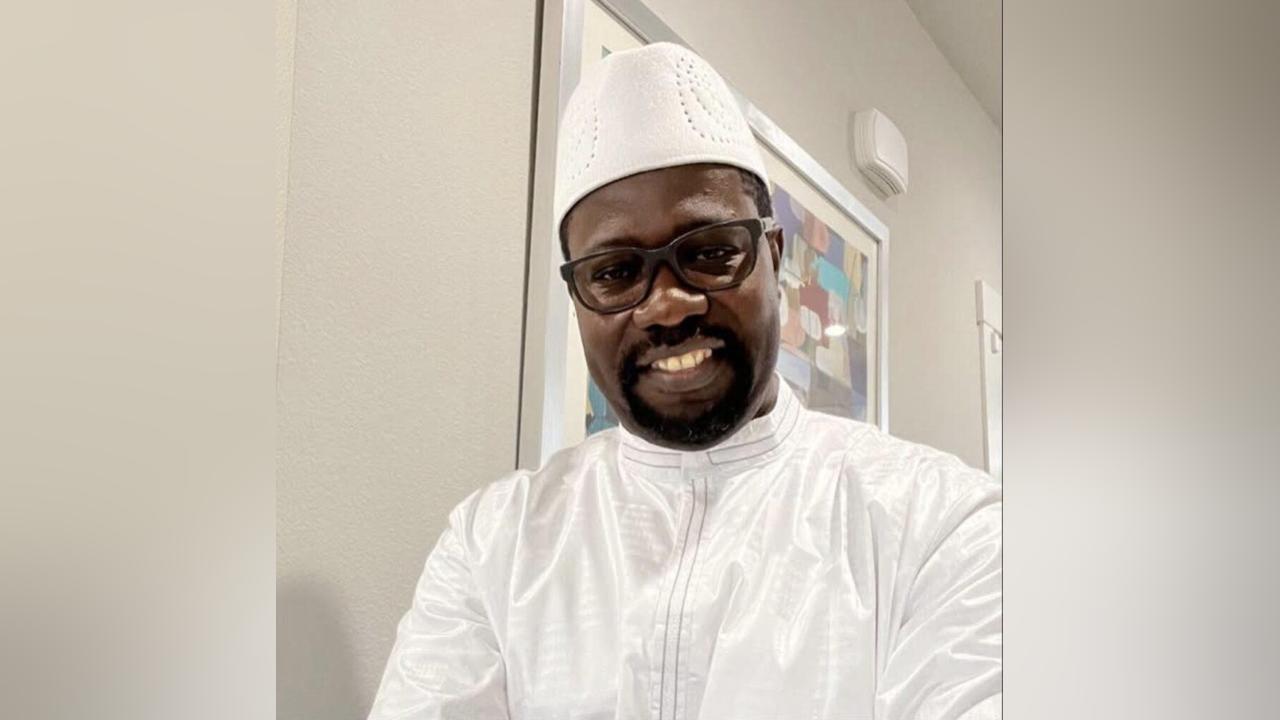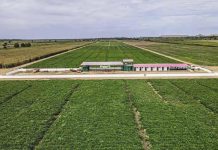Africa-Press – Gambia. Watching the National People’s Party (NPP) flaunt its financial prowess at its fundraiser last night, broadcast live on Gambia Radio and Television Services (GRTS), offers a sobering peek into the evolving landscape of political power in The Gambia. The spectacle of President Adama Barrow, with his characteristic double fist pumps, was not the most troubling part of the evening. Rather, the event laid bare a deeper concern: the blatant misuse of state resources to favor a ruling party in a multi-party democracy. This misuse is not just ethically dubious; it is legally questionable and corrosive to democratic norms.
GRTS is a public broadcaster, sustained by taxes paid by every Gambian, regardless of political affiliation. Its mandate is to serve the public interest, not to act as a mouthpiece for any political party. The decision to dedicate hours of live coverage to a private political fundraiser by the NPP while ignoring significant political events hosted by opposition figures, such as Halifa Sallah and Talib Bensouda, is an egregious violation of that mandate. When Hon. Halifa Sallah held a public lecture on constitutional matters, a topic of profound national relevance, the GRTS was silent. When Mayor Bensouda met with citizens and supporters of his in Farafenni, the national broadcaster was nowhere to be found. These two events are just the most recent examples and by no means exhaustive. However, the glaring disparity amounts to discriminatory use of public resources and suggests that the machinery of the state is being weaponized for partisan gain in favor of the incumbent.
The problem, however, does not end with GRTS. Another layer of concern arises from the participation of public corporations in the NPP fundraiser. Managing directors and Commissioner Generals of various state enterprises and institutions not only attended the event but did so while spending public funds to buy tables and make donations. These are corporations that operate with public money and are mandated to serve the national interest. Their presence at a partisan event and their financial contributions to it amount to illegal campaign donations under any fair interpretation of public ethics and electoral integrity. These are not neutral acts; they are calculated gestures of allegiance that deepen the ruling party’s financial and symbolic advantage over the opposition.
This uneven playing field calls for serious institutional redress. The Gambia cannot build a credible democracy while turning a blind eye to such abuses. The situation warrants immediate action, beginning with a parliamentary inquiry into the conduct of GRTS and the use of public funds by state corporations for political purposes. If legal standing allows, a lawsuit should be pursued to compel GRTS to provide equal airtime to all political actors and to enforce a strict separation between state resources and party politics.
What is at stake here is more than fairness; it is the very integrity of the country’s democratic process. Elections are not won or lost on polling day alone; they are shaped by the rules of engagement that precede the vote. If one party is allowed to use the state’s infrastructure to fundraise, campaign, and shape public perception, while others are left to fend for themselves, then the outcome of the election is already skewed. The message this sends to citizens is that the machinery of government can be used for personal and political enrichment. That is a dangerous precedent for any democracy.
The Gambia has come a long way from the authoritarianism of Professor Jammeh, but the shadows of state capture still linger. The challenge now is to demand accountability and restore public institutions to their rightful place: as servants of the people, not instruments of partisan politics. Failing to act now will mean conceding the democratic ground we have fought hard to gain. Let this moment be a call not to despair but to rise up and be diligent, for democracy demands vigilance, and silence in the face of injustice is complicity.
Source: Kerr Fatou Online Media House
For More News And Analysis About Gambia Follow Africa-Press






